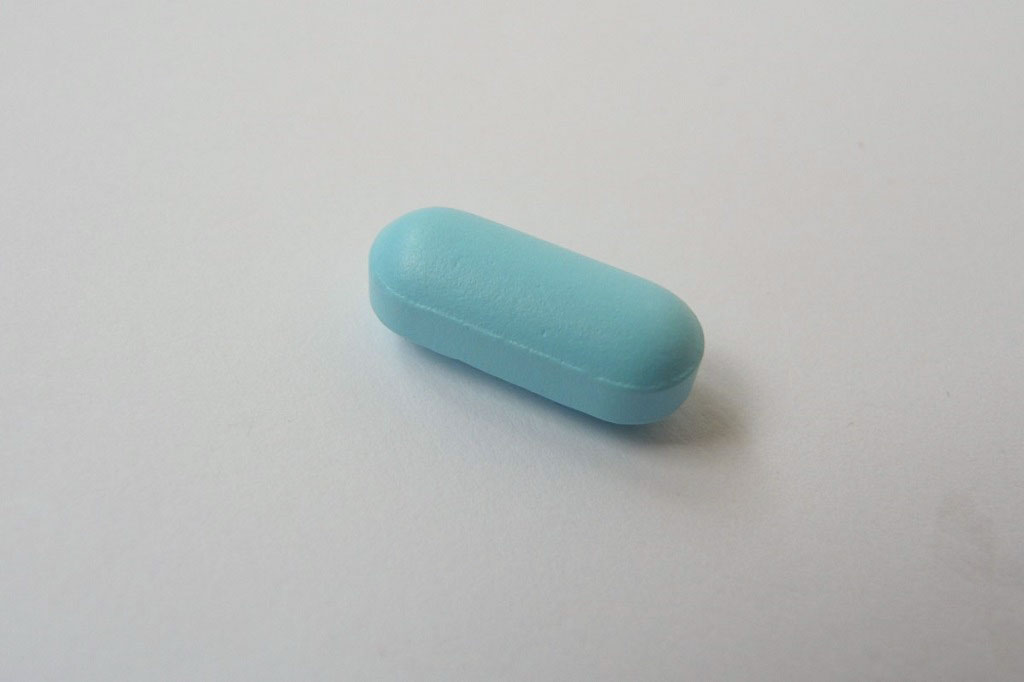New cholesterol-lowering drug shows promise
Heart and lungs

"New fat-busting pill slashes heart attacks and strokes with no statin side-effects, researchers claim," reads The Sun's rather inaccurate headline. A study has looked into the safety of a new treatment to...
"New fat-busting pill slashes heart attacks and strokes with no statin side-effects, researchers claim," reads The Sun's rather inaccurate headline.
A study has looked into the safety of a new treatment to lower low-density lipoprotein (LDL), commonly known as "bad" cholesterol.
High cholesterol can increase the risk of cardiovascular disease, which kills about 150,000 people in the UK each year.
Researchers recruited over 2,000 people who were already taking statins to lower their cholesterol. They were split into 2 groups. One group was given the new drug, bempedoic acid, alongside their statin for 1 year. The other group was given a dummy drug (placebo).
After 3 months, those who took bempedoic acid had lowered their bad cholesterol by around 17% compared to those on the placebo. There was no difference in reported side effects between this drug and the placebo over the course of 1 year. The dropout rate because of side effects was slightly higher in the bempedoic acid group (11%) compared with the placebo group (7%).
This study adds to the research looking for new cholesterol-lowering treatments when statins either don't work or cause undesirable side effects. However, bempedoic acid is not currently a licensed treatment. The safety of the drug needs to be confirmed before it is made available.
If approved, bempedoic acid is unlikely to replace statins but will most probably be used with them – as in this trial. Statins are still the most well-established, effective treatment for bad cholesterol.
Find out more about high cholesterol.
Where did the story come from?
The study was carried out by researchers from Imperial College London, the Louisville Metabolic and Atherosclerosis Research Center, the University of Milan, and the Baylor College of Medicine, Houston. It was funded by Esperion Therapeutics, a US pharmaceutical company.
The study was published in the peer-reviewed medical journal the New England Journal of Medicine.
The Sun incorrectly states that the number of heart attacks and strokes were "slashed". In fact, though the drug lowered cholesterol, there was no difference in the rate of cardiovascular events between groups.
What kind of research was this?
This was a randomised controlled trial (RCT) looking at a new treatment to lower LDL cholesterol. The researchers wanted to see if adding bempedoic acid to the treatment regime of people who had high LDL cholesterol, despite receiving the maximum dose of statins, would help reduce LDL levels in the blood.
The trial recruited people who were known to have cardiovascular disease due to the build-up of fatty material inside the arteries (atherosclerosis), or people with hereditary high cholesterol who are at higher risk of atherosclerosis.
RCTs are the most reliable way of assessing the effect of an intervention. This RCT was also double blind, which means that the people receiving the treatment and the doctors administering the treatment are unaware of which treatment is being given. This reduces risk of bias.
What did the research involve?
The study took place across 14 different sites in 5 countries. Doctors recruited 2,230 people with cardiovascular disease, hereditary high cholesterol or both, who had high LDL cholesterol (at least 70mg per decilitre) despite taking the maximum-tolerated dose of statin therapy for at least 1 year. The average age of the people involved was 66.
People were randomly assigned to take bempedoic acid (1,488 people) or matching placebo (742), in addition to their statin, for 52 weeks.
The main outcome of interest was whether the treatment was safe and did not cause any serious side effects. Secondly, they wanted to see if the level of LDL cholesterol changed from the beginning of the trial to week 12.
What were the basic results?
- 78% of people took either bempedoic acid or placebo as prescribed, though 95% completed all trial follow-ups to the final 52 week visit. All were included in analysis of the side effects.
- There was no significant difference between groups in the rate of overall side effects (78.5% receiving bempedoic acid and 78.7% receiving placebo) or serious side effects (14.5% bempedoic acid and 14.0% placebo).
- However, the number of people experiencing side effects that led to them stopping the drug was slightly higher in the bempedoic acid group (10.9% compared with 7.1% in the placebo group).
- There was also no significant difference in the rate of major cardiovascular events like heart attack or stroke (4.6% in the bempedoic acid group and 5.7% in the placebo group).
- At 12 weeks, the drug treatment had reduced the mean LDL cholesterol level by 19.2mg per decilitre, representing a drop of 16.5% from the baseline (95% confidence interval, -20.0 to -16.1).
How did the researchers interpret the results?
The researchers state that in this 52-week trial, bempedoic acid added to statin therapy did not lead to more side effects than placebo and led to significantly lower LDL cholesterol levels.
Conclusion
This study raises the prospect of a possible new treatment to reduce LDL cholesterol for people who have not responded well to statins alone. Bempedoic acid has been shown to lower LDL cholesterol and appears safe over the course of 1 year.
The trial has strengths in its large size and relatively long follow-up for safety. However, there are some important points to be aware of:
- The drug reduced LDL cholesterol, but there was no difference in the number of heart attacks and strokes over 1 year; so we don't know for sure it will reduce risk of cardiovascular problems.
- Safety looks promising, but there was higher dropout in the bempedoic acid group and some side effects like gout and muscle problems were slightly higher with the treatment, so long-term safety needs to be confirmed.
- Most people in this trial were white, so we can't be sure how people of other ethnicities respond to this treatment.
- The drug hasn't been shown to be better than statins and is unlikely to replace them – if licensed it would probably be used alongside.
- Bempedoic acid might not have widespread use but be reserved for people who haven't responded to statins and are thought to be at high risk (with very high cholesterol or established heart disease).
Overall the results seem promising, but it remains to be seen whether bempedoic acid will become a licensed cholesterol-lowering treatment.






 Subscribe
Subscribe Ask the doctor
Ask the doctor Rate this article
Rate this article Find products
Find products







